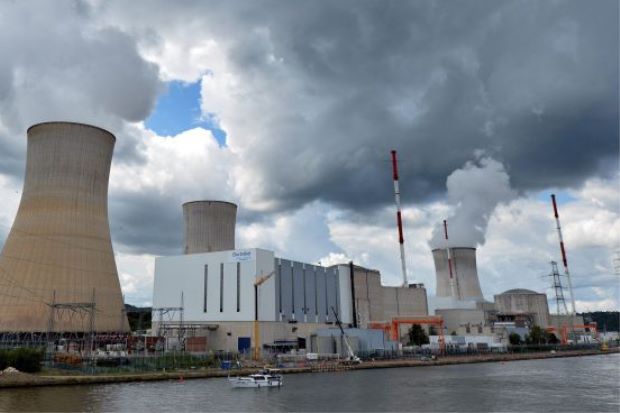
Solar power’s future looking up in China
May 7, 2010
Taiwan Facing Up to the Airbase Survival Challenge
May 14, 2010By: Project 2049 Institute |
Last month, Malaysia passed a national export law aimed at curbing nuclear trafficking. The Strategic Trade Bill imposes prison terms of at least five years and million-dollar fines for those importing or exporting material that could be used to make weapons of mass destruction.
The bill marks an important step in Kuala Lumpur’s efforts to shed its reputation as a transshipment point for nuclear smuggling. Malaysia has been linked to illicit supplies of sensitive equipment to Libya in 2003 and Iran in 2008, and was one of the few remaining newly industrialized countries without stringent nuclear export controls. Arms control advocates had long argued that these infringements occurred due to the absence of strict export governance.
The move was also read as a last-ditch effort by Malaysian Prime Minister Najib Razak to avoid embarrassment, lest he attended last month’s Nuclear Security Summit empty-handed, particularly when he was also scheduled to meet President Obama on the sidelines of the summit.
The U.S. has welcomed the Strategic Trade Bill as part of a joint effort to stem proliferation and curb illicit WMD trafficking, praising Malaysia for taking a step to “remedy and close loopholes†in the U.S.-Malaysia relationship.
Yet it may be too early to conclude that Malaysia is serious about addressing non-proliferation and trafficking issues. As Mr. Najib himself noted, establishing the legal framework is “only the first step†in the process of fighting nuclear trafficking. For Malaysia, that first step alone has taken about five years, owing to “the complications in technical matters that had to be understood by all related ministries and agenciesâ€. That suggests it could be several more years before the law is implemented by enforcement agencies, a worrying fact as Malaysia mulls building its own civilian nuclear plants by around 2021.
Kuala Lumpur will also have to balance its efforts to strengthen the global nonproliferation regime with domestic imperatives, particularly given the fragile state of Mr. Najib’s ruling coalition, which has lost seven of the last ten by-elections held. This has already held particularly true with Iran given Malaysia’s status as a Muslim-majority nation. For instance, probably due to rising discontent at home, Mr. Najib denied that his country had cut off gasoline supplies to Iran, contradicting earlier statements by state oil firm Petronas, as well as his own comments in Washington. A similar confusion occurred last year when Malaysia initially voted against an IAEA resolution to censure Iran for building a secret second uranium-enrichment plant, but then, after U.S. pressure, dismissed its envoy and reversed its position.
All this suggests that the way forward for Malaysia’s counter-trafficking efforts remains unclear despite the passage of the Strategic Trade Bill.




